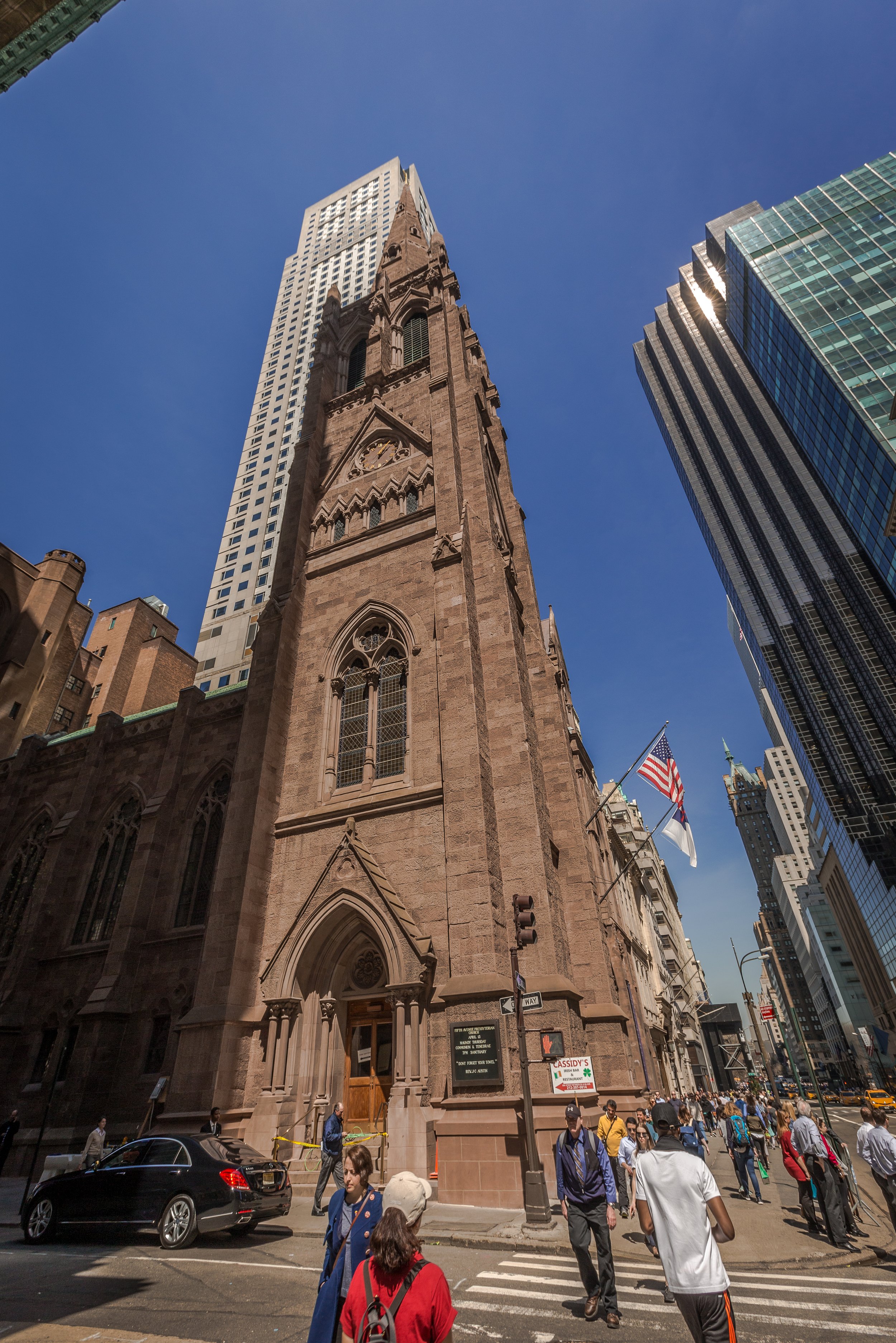
If there is one thing contemporary America has in abundance, it is righteous anger.
Public discourse has become a whirlpool of self-righteous vitriol. Core civic virtues that used to define the American character—virtues like humility and truth-telling—are increasingly hard to find. Most tragically, our collective fury shows little sign of moving the needle. Are we making substantive progress addressing racism, immigration, gun violence, poverty, or climate change? Not really. Instead, people have started wondering aloud if we are on the brink of a civil war. All of this has me, as a pastor, worrying about what this unremitting culture war is doing to our collective soul.
I worry about individual souls, too. The steady drumbeat of fear, anger and disgust are influencing people’s hearts and minds. Will we doomscroll our way to disaster? Or can we move beyond frantic virtue-signaling to actually solve pressing problems?
My office in midtown Manhattan sits one block south of Trump Tower. The Women’s March the day after Trump’s inauguration passed directly beneath my window. It is no exaggeration to say that every sermon I have written over the last six years has been tinged by these proximities. Like so many clergy, I’ve listened as partisan parishioners have urged me to address one ideological issue after another from the pulpit. I am not shy about putting these controversial issues in conversation with the Gospel. This is not a time for Christians to avoid tough conversations, but it is a time to think strategically and creatively about how, as people of faith, we talk about the issues that are tearing us apart.
I believe there is a path out of this darkness, a way for individuals to be both good citizens and good people, and a way for the church to preach redemption and justice with renewed integrity. The milestones along this path will be familiar to you, no matter what your religious or ethical background may be. In this book, I invite you to reconsider with me the time-honored Aristotelian virtues of temperance, justice, wisdom, and courage. I will point out ways that we can attune our hearts to one of the most fundamental moral teachings of humankind—loving our neighbor. And I will ask you to join me in the search for that incredibly important (but sadly elusive) ideal—grace.
Right now, it feels nigh on impossible to work through complicated ethical issues and craft plans for systemic change without getting crosswise with each other, and without causing each other pain. Still, this is our calling as people of faith. We must enter this scrum and bring to the table both a commitment to truth and a commitment to grace. Our souls—collective and individual—depend on it.
—Scott Black Johnston